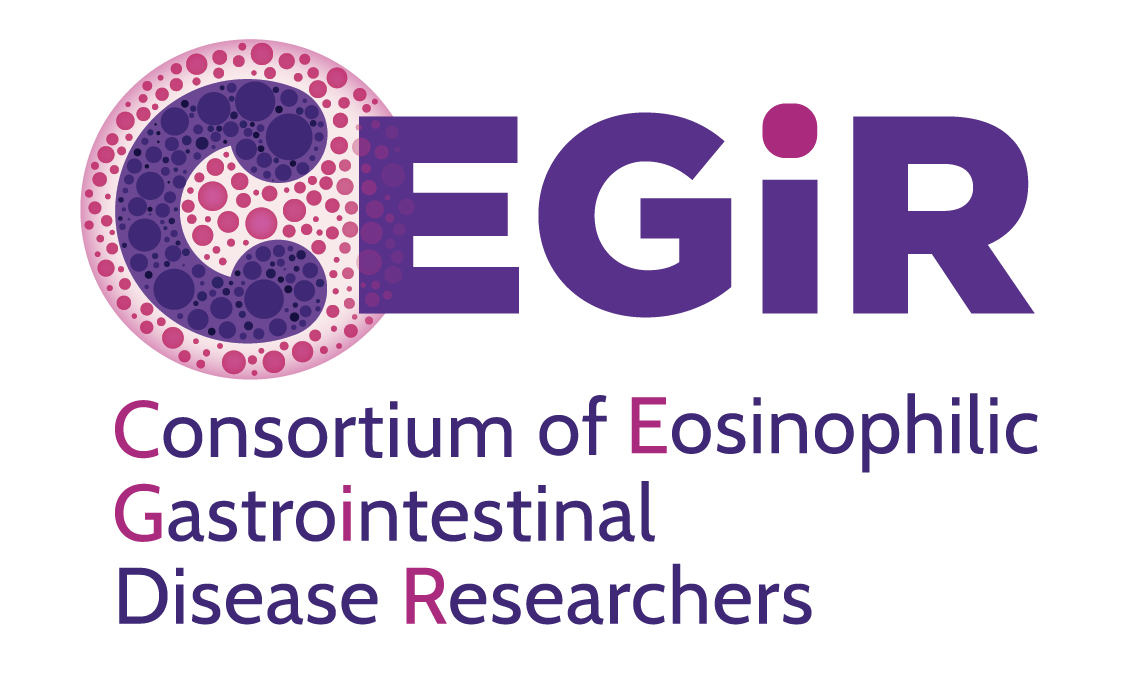Robert Pesek, MD
Title: Assistant Professor of Allergy and Immunology
Affiliation: Arkansas Children’s Hospital & University of Arkansas for Medical Sciences
Year entered into CEGIR training program: 2015
Mentor/s: Evan Dellon, MD, MPH
Biosketch
Dr. Pesek completed his medical school in 2004 and pediatric residency training in 2008 at Arkansas Children’s Hospital and the University of Arkansas for Medical Sciences in Little Rock, Arkansas. He then completed a fellowship in allergy/immunology at the University of South Florida in Tampa, Florida. He returned to Arkansas in 2011 as an assistant professor of pediatrics and allergy/immunology. He is currently the medical director of the Allergy and Eosinophilic Gastrointestinal Disorders Clinics at Arkansas Children’s Hospital.
Summary of current CEGIR projects
Dr. Pesek’s current research project is to characterize the demographics, medical history, and clinical presentations of patients with eosinophilic gastritis (EoG), eosinophilic enteritis (EoN), and eosinophilic colitis (EoC) as well as analyze the pathology information obtained during endoscopy that was used to make these diagnoses. He will also evaluate the treatments utilized by participating physicians. His aim is to better understand how often these particular disorders occur as well as how they are diagnosed and treated.
Q & A with Dr. Pesek
How has CEGIR participation made a difference in your career, or how do you anticipate it will?
“The CEGIR training program has made me a better clinician for my patients. It has allowed me to have a better understanding of the ongoing research in the field but also allows me to connect with clinicians across the country. Through involvement with patient advocacy, I have gained a better understanding of the challenges that patients and families face when they are diagnosed with an EGID.”
How do you feel the patient community benefits from the CEGIR training program?
“CEGIR has allowed patients and families direct access to clinicians and researchers. They also have direct input into study development as well as access to results, something that is not seen in many areas.”

